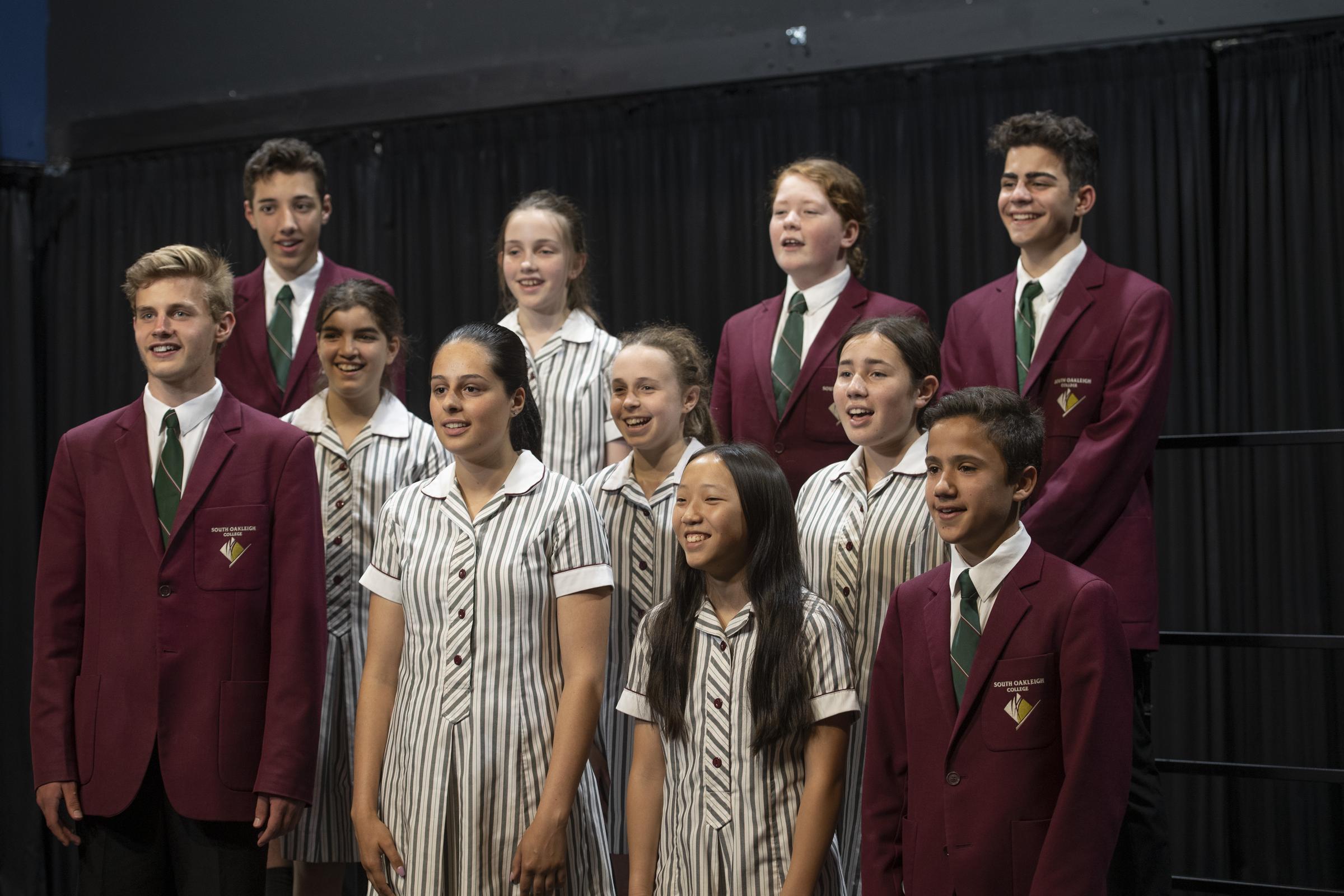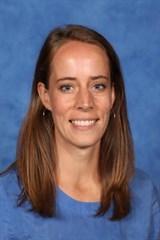Careers News

Term 4: Career News
Term 4 is always a busy one with saying farewell to our Year 12s, VCE and end of year examinations, finalizing subject selection for 2023, head start and end of year activities. This term always seems to fly by and, especially for our Year 12s, before they know it they are starting their first day of university. Below are some tips to keep in mind when preparing to make the transition from secondary school to university.
Attendance and building a schedule
Unlike in high school attendance is not always compulsory in university and the responsibility falls solely on the student to show up and engage in lectures and classes. You are also able to build your own schedule in university so use this to your advantage. If you are not a morning person maybe filling your schedule with early morning lectures isn’t the best idea. Would you find it more productive to have all your classes spread out throughout the week or to put them all on 2-3 days and free up other weekdays to work part time or study?
Census dates
You are able to drop or change subjects without being charged a fee before the census date. This date changes every semester so it is good to be aware of it because after this date you will still have to pay for the course even if you decide to drop it.
Fees and HECS Help
HECS-HELP is an interest free loan that allows you to defer your course fees until you are earning over the minimum income threshold that the government has set. It is cheaper to pay your fees up front, however, this is not realistic for many students, in which case, HECS-HELP is a great option. You are entitled to HECS-HELP if you are an Australian citizen or a New Zealand Special Category Visa holder who has met the long-term residency requirements.
Get to know your campus
Obviously you will need to know where your tutorials and lectures are taking place but university campuses have a lot more to offer students than just classrooms, labs and lecture theatres. Affordable campus gyms, movie theatres, all night study spaces, collaboration rooms and social hubs are just a few examples of facilities that universities have available and will be great places to meet new people and build a good work/life balance.
Work Experience Feature
Name: Mio Okabe Year Level: 10
What industry did you work in for your work experience placement?
Education in game development and VFX
What were the tasks you completed as part of your work experience placement?
Participating in game art (3D modelling), game design (e.g., designing game levels) and game programming.
What were your favourite tasks that you were required to do? Why?
I enjoyed the game art component of the program as it allowed me to utilise the knowledge and interest I have in art, whilst being able to see the different components involved in creating a 3D environment in a game.
What is something that surprised you about your placement?
I was surprised in the variety of game art/design softwares and programming languages available in creating a final game product.
Do you think would enjoy doing further work in this industry?
I would like to further explore game art, yet game design and programming was not as interesting personally.
What is something you took away from your work experience placement?
I learnt how making a 3D game is not as simple as it seems; it involves a lot of time and effort in creating a final product, including those that are widely played today.
Aviva Mulloy
Careers Advisor

